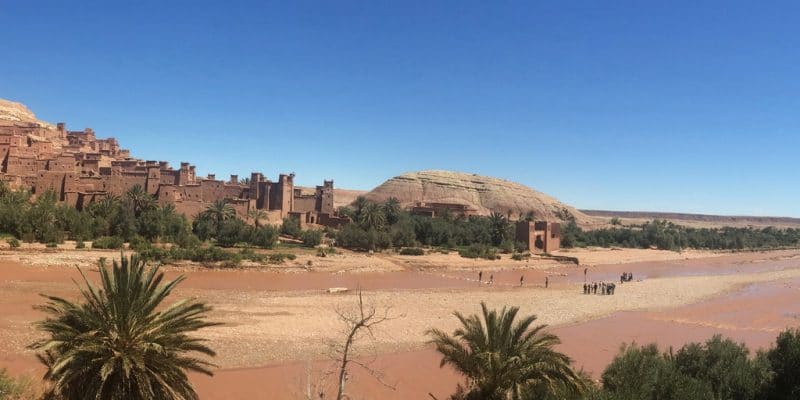What strategies and measures will reduce the vulnerability of ecosystems to the effects of climate change? This is the big question that was answered by the heads of municipalities from North African countries who were invited to Jordan for a training session on adaptation and resilience to climate change.
According to the regional representative of the United Nations Human Settlements Programme (UN-Habitat) for the Arab States, the protection of ecosystems such as wetlands, forests and agroecological systems is essential in North Africa. Erfan Ali was speaking at a training workshop on the capacity of cities in the Maghreb and the Middle East to cope with the impacts of climate change.
The recent event organised in Jordan by UN-Habitat and the United Nations Environment Programme (UNEP) reviewed the state of biodiversity, food and water resources in Morocco, Algeria, Libya, Egypt and Tunisia.
Read also-MOROCCO: Air pollution costs €1 billion and 5,000 deaths each year
These North African countries have committed to integrating the UN Sustainable Development Goals (SDGs) into their public policies. Climate financing was also discussed with the announcement of the upcoming creation of a regional climate resilience fund. The initiative comes at a time when most of these countries have undertaken numerous projects as part of their ecological transition.
The main urban centres of North Africa will serve as a springboard for these national processes,” says Tarek El-Khoury. For the UNEP Regional Coordinator for Resource Efficiency, Sustainable Consumption and Production in West Asia, “ecosystem-based approaches to adaptation are robust and effective in reducing the vulnerability of urban communities to climate change.
Benoit-Ivan Wansi






